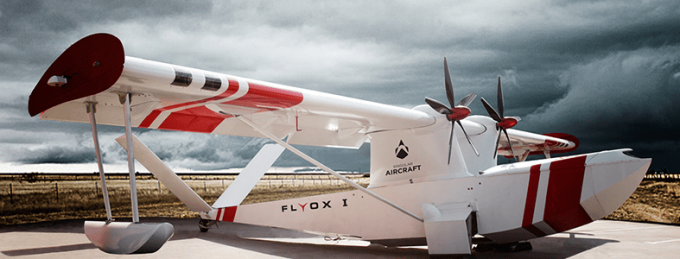Kenyan flower exporters urge airlines to add capacity
Kenyan flower exporters have warned that the rate and capacity levels in air cargo are ...

Astral Aerial, a subsidiary of Kenya-based cargo airline Astral Aviation, is building up an impressive fleet of drones to carry cargo.
Its line-up is led by the Flyox, which has a range of 1,300 km and can hold a 2-tonnes payload, but a delay in regulatory ...

Comment on this article